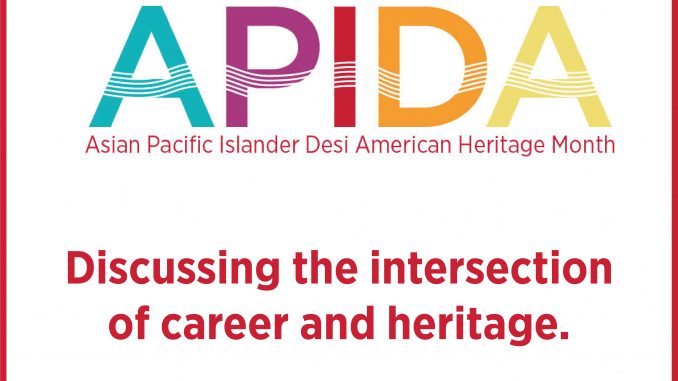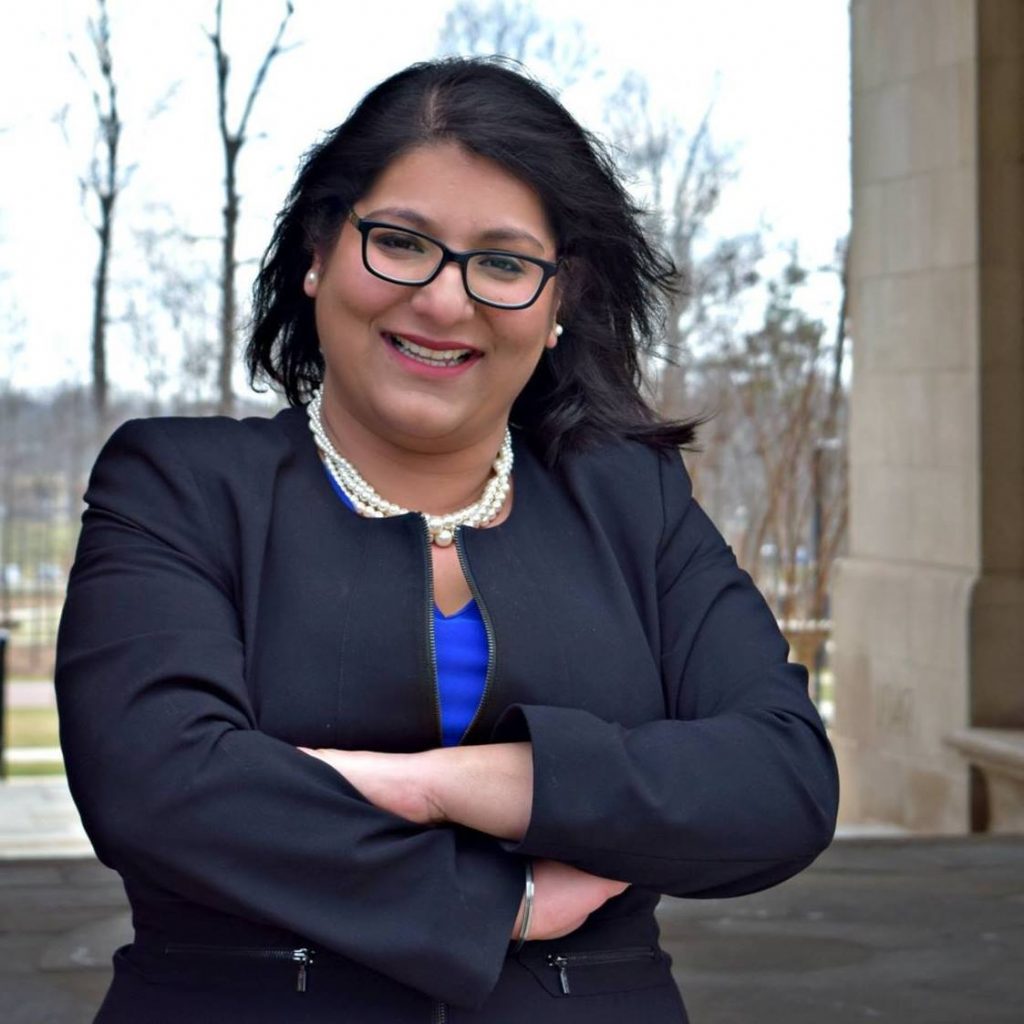
Discussing the intersection of career and heritage.
In retrospect, it makes sense that I am pursuing a PhD in Student Affairs in Higher Education (SAHE). After completing my Master’s degree in Diplomacy and International, I worked in finance at another Fortune 500 company for a few years before becoming a full-time student in the SAHE PhD program in the Department of Educational Leadership.
Throughout my time in the private and public sector, I constantly found myself educating those around me on issues of cultural consciousness, diversity and inclusion. Reflecting on my lived experiences through my bachelor’s and master’s programs, I decided to pursue a PhD to contribute to the knowledge base in the field with the intention to understand how students’ religio-cultural upbringings and general worldviews shape their experiences, concerns, and needs in the context of higher education—and what systemic changes need to occur in higher education in response.
However, pursuing a PhD has not meant that the societal stigmas or stereotypes subsided. To the contrary, the racial and sexist aggression has in many ways intensified. I give thanks for my Miri-Piri warrior ethic of resilience, cultural and cross-cultural mentors, and a strong support system of family- friends, both of origin and chosen, who have helped empower me to overcome, to strive to reach my full potential, and do so with great pride in my APIDA identity.
Advice
Deciding a career path is not necessarily linear. No matter where you are in your journey at Miami as an undergraduate student in determining your career path, I encourage you to make time for self-reflection on your academic and professional experiences at the intersection of your APIDA cultural socialization. It will help you to understand your values and decision making process in determining where you blaze your trail next. Keep a journal where you note your challenges each semester, note how you confront those challenges, how they make you feel, the actions they prompt you to take.
I’ve learned that “taking over the world” isn’t just for elected officials or historical APIDA icons. My cross-cultural mentor, an African-American English professor at my alma-mater shared the secret to taking over the world with me a while back, and I’ll share it with you in this blog, “We take over the world one person, one heart at a time.” It is my hope that my teaching, research, and service in higher education will empower students to be themselves and “take over the world” as well.

